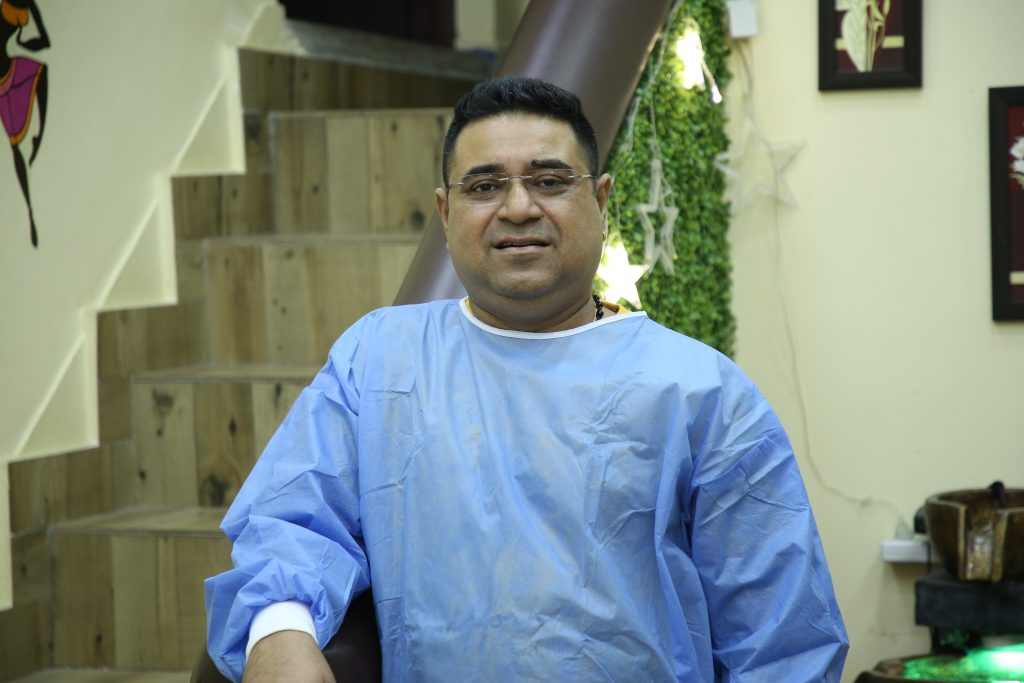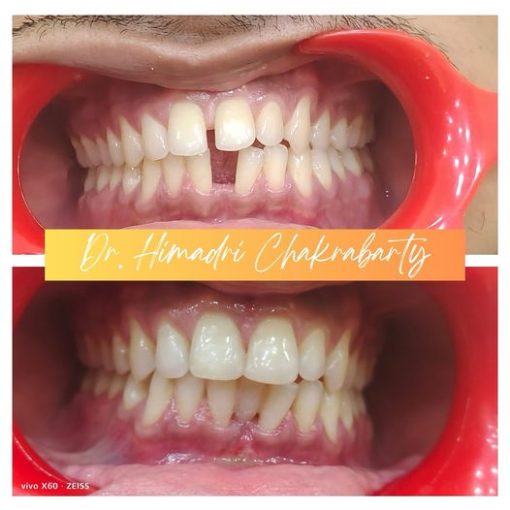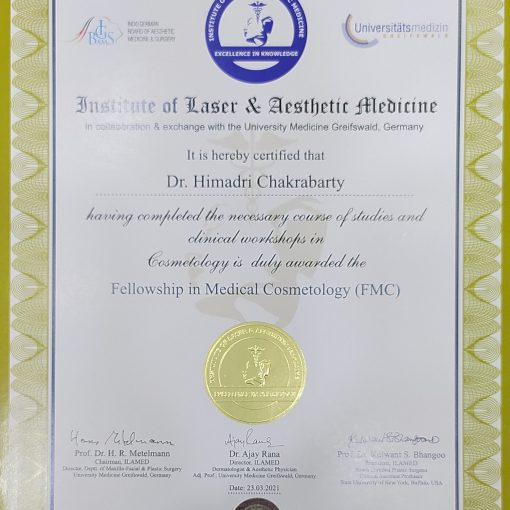Keeping teeth healthy is undoubtedly a lifetime task, but there are great ways to achieve that. Take a step before a severe dental problem appears. It means using proper dental products, following good hygiene, and visiting your dentist regularly. Here are the best practices for healthy teeth.
Brushing twice daily for healthy teeth and gums
By all means, brushing teeth is the first and most important advice one can get to keep the teeth in good health. Brush your teeth twice daily using a good brush and a small amount of toothpaste. Dentists recommend brushing for at least two minutes in the morning and evening. However, don’t brush too hard or swallow the toothpaste or mouthwash.
Use suitable toothbrushes
Without a doubt, a toothbrush is the most common and cheap oral hygiene tool. Getting a proper toothbrush is necessary for maintaining healthy teeth. These days there are two types of brushes available: manual and electric. Both options are great for sweeping away plaque and bacteria. Brushes with soft bristles suit all types of teeth. Therefore, don’t forget to replace the toothbrush every 3-4 months.
Drink more water
Surprisingly, consuming more drinking water is a natural way to keep both body and teeth healthy.
The benefits of drinking water:
Strengthening the teeth
Keeping the mouth clean
Fighting dry mouth
Keeping the gums healthy
Don’t forget about the dental floss
Unfortunately, most people forget or don’t even know that flossing is essential for oral hygiene. A piece of dental floss helps remove plaque and food particles from the nooks between the teeth (where the toothbrush obviously cannot reach). Moreover, it is easily available and cheap. Using dental floss at least once a day is a big step towards healthy teeth.
Mouthwash for healthy teeth and gums
Another great practice to look after your dental health is using mouthwash. It will not only freshen your breath but also rinse bacteria and plaque. Moreover, mouthwash repopulates the mouth with good bacteria and protects the gums. There are different types of mouthwash available these days. In short, they can be alcoholic or non-alcoholic. If you want to have healthy teeth, certainly don’t forget to get mouthwash!
The advantages of mouthwash:
Protecting from cavities
Maintaining good oral hygiene
Giving fresh breath
Preventing plaque
Fighting bad bacteria
Protecting the gums
Removing food particles
Avoid sodas, sweet and acidic foods
Sugary foods are undoubtedly damaging to teeth. That is why dentists recommend avoiding or at least limiting the consumption of sweets. In short, sugar attracts harmful bacteria and reduces the pH inside the mouth. In the long run, it will lead to tooth decay. Moreover, sensitive teeth may hurt while consuming sugary or acidic foods, for example, oranges, pineapples, and lemons. Sour fruits are a natural source of vitamin C. Because they have a higher level of acidity, they can damage the enamel of your teeth. It is wise to avoid sugary foods to keep your teeth healthy.
Limit smoking
In the first place, smoking is bad for overall health as it is directly responsible for several diseases, e.g., lung cancer, brain strokes, pneumonia, asthma, hip fracture, and even blindness. Tobacco causes yellow stains, bad breath, tooth decay, and various gum infections as it interferes with the normal function of gum tissue cells. Due to this, chain smokers are more likely to lose their teeth. Without a reservation, quit smoking if you want to have healthy teeth.
Have a regular dental check-up
It is necessary to visit the dentist regularly for oral exams and check-ups because it is easy to prevent or treat a dental problem in an early stage. Despite good oral hygiene, gum diseases or cavities may not be visible to people until they are painful. Visiting a dentist at least twice a year is a preventative measure to improve your dental and overall health.




